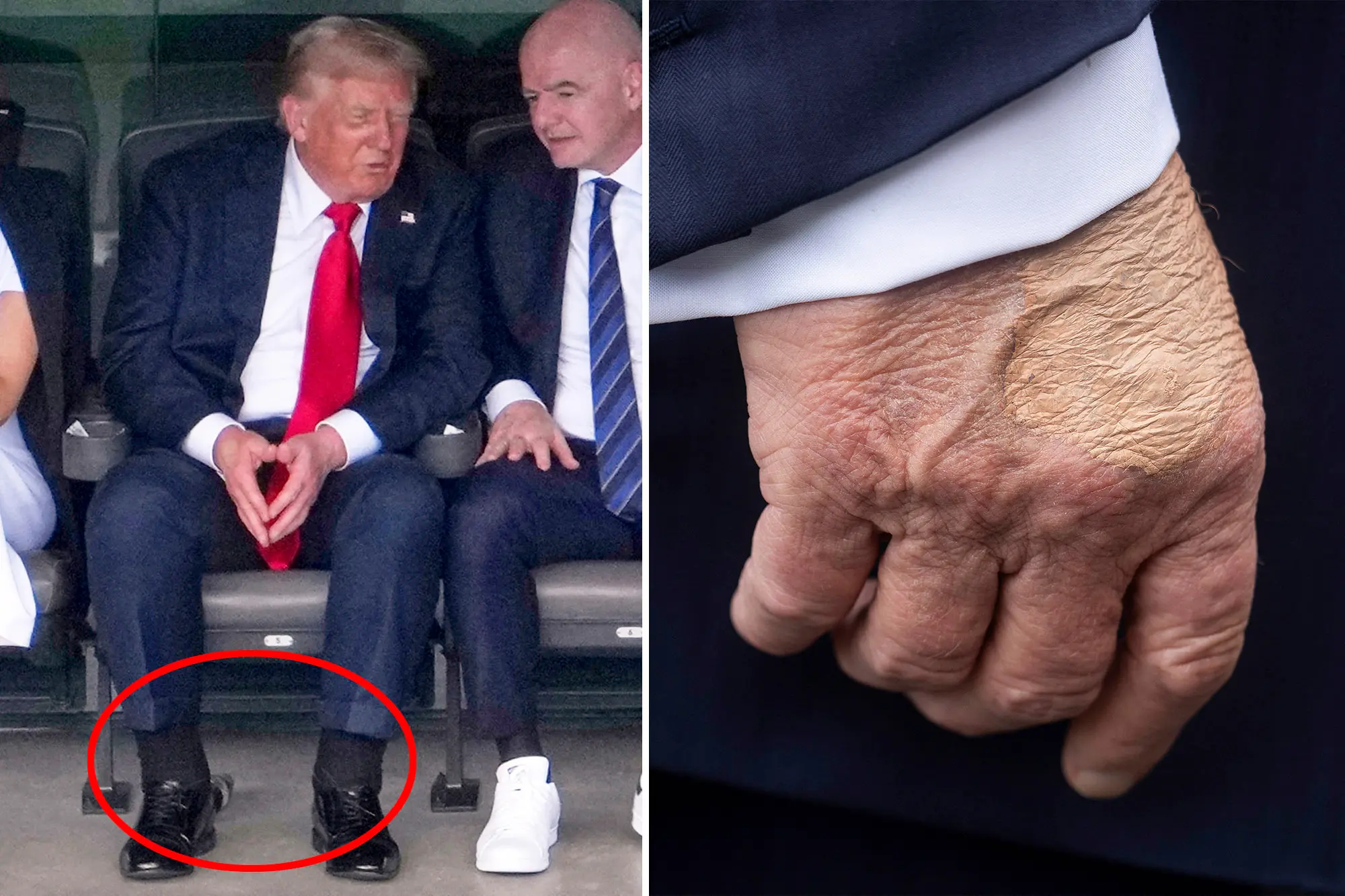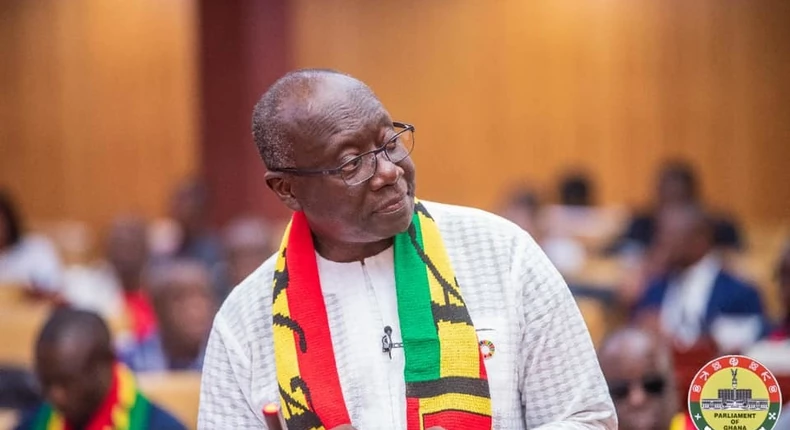TRUMP DIAGNOSED WITH CHRONIC VENOUS INSUFFICIENCY FOLLOWING LEG SWELLING

“Importantly, there was no evidence of deep vein thrombosis (DVT) or arterial disease” and Trump’s lab testing was all “within normal limits,” according to the letter. Trump also underwent an echocardiogram. “No signs of heart failure, renal impairment, or systemic illness were identified,” Barbabella wrote.
Chronic venous insufficiency is a condition in which valves inside certain veins don’t work the way they should, which can allow blood to pool or collect in the veins. About 150,000 people are diagnosed with it each year, and the risk goes up with age. Symptoms can include swelling in the lower legs or ankles, aching or cramping in the legs, varicose veins, pain or skin changes. Treatment may involve medication or, in later stages, medical procedures.
“It’s basically not alarming information, and it’s not surprising,” Dr. Jeremy Faust, an assistant professor of emergency medicine at Harvard Medical School, told CNN.
“This is a pretty normal part of aging, and especially for someone in the overweight to obese category, which is where the president has always been. But the bigger concern … is that symptoms like this do need to be evaluated for more serious conditions, and that is what happened.”
Chronic venous insufficiency can be related to conditions like increased pressure from the heart or sleep apnea, cardiologist Dr. Bernard Ashby told CNN.
NKONKONSA.com





